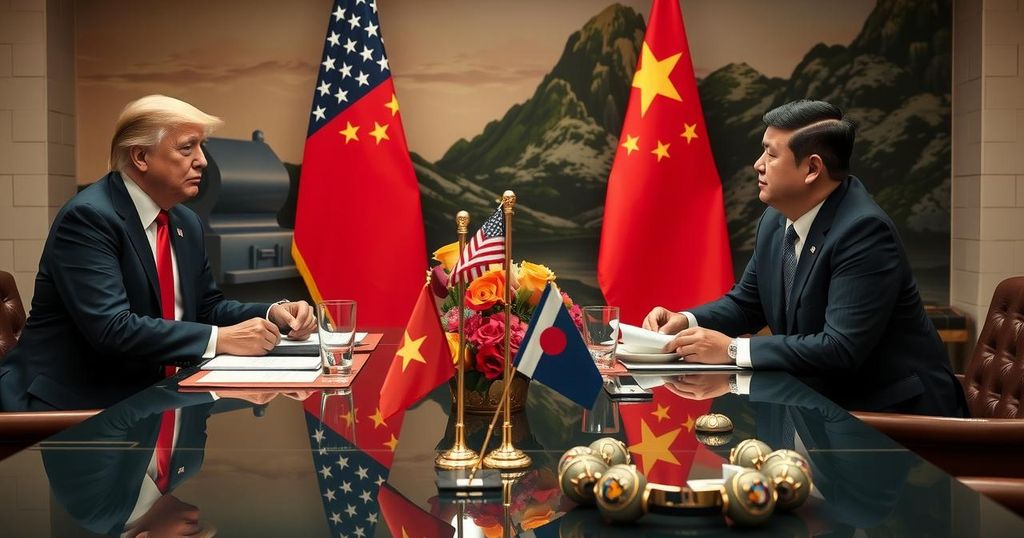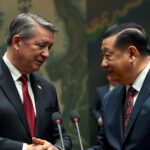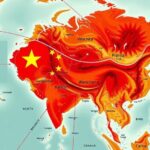Jimmy Carter: The U.S. President Who Forged a Historic Friendship with China
Jimmy Carter’s presidency transformed U.S.-China relations by establishing formal diplomatic ties with Deng Xiaoping in January 1979. This pivotal event initiated China’s economic rise and changed global dynamics, while Carter’s ongoing connections with China showcased a commitment to cooperation and humanitarian efforts, despite challenges in later years.
In January 1979, U.S. President Jimmy Carter welcomed Deng Xiaoping, marking a pivotal moment in U.S.-China relations that established formal diplomatic ties. This historic event laid the groundwork for China’s economic rise and shaped global geopolitical dynamics. Although Carter’s presidency was tumultuous, his commitment to fostering this relationship is a defining legacy. He viewed his bond with China as destined, continuing to nurture it long after he left office, despite fluctuating U.S.-China relations. Today, Carter is revered in China for his role in integrating the nation into the global community and his efforts in humanitarian work throughout the years. His enduring ties with the Chinese people reflect a relationship built on trust, mutual respect, and a shared vision for a peaceful world. Carter’s efforts demonstrate the complexities of diplomacy and the long-lasting impact of personal relationships in international relations.
The U.S.-China diplomatic relationship was cemented during a historic visit by Deng Xiaoping in January 1979, facilitated by President Jimmy Carter. This era followed decades of political isolation for China, notably since the Communist Party’s takeover in 1949. The shift in recognition from the Republic of China (Taiwan) to the People’s Republic of China marked a significant transformation in U.S. foreign policy. The foundations laid during Carter’s presidency not only united the U.S. and China against the Soviet Union but also initiated a period of rapid economic development in East Asia, significantly affecting global dynamics.
In conclusion, Jimmy Carter’s pivotal role in establishing diplomatic relations with China in 1979 marked a transformative moment in international relations. His personal bond with Deng Xiaoping and commitment to fostering cooperation are credited for initiating China’s economic rise and developing a complex but enduring relationship with the Chinese people. Despite the challenges that arose in later years, Carter’s legacy as a bridge-builder remains significant, underscoring the importance of diplomacy and engagement in fostering global peace and cooperation.
Original Source: www.bbc.com








Post Comment